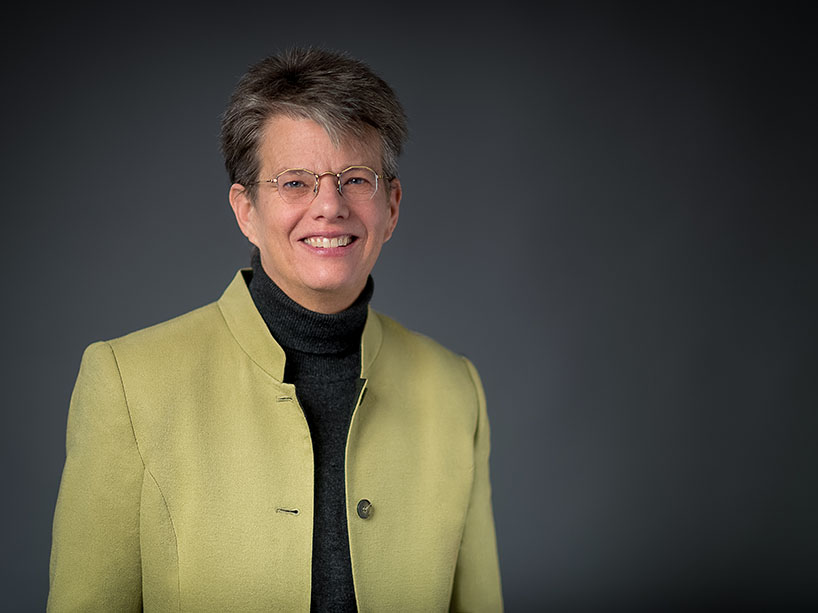New provost will join Ryerson University in July

Jennifer S. Simpson has been chosen as Ryerson University’s next provost and vice-president, academic effective July 1, according to a statement issued from president Mohamed Lachemi.
“Ryerson is a university on the move in a city that’s on the move,” said Simpson. “I’m excited about coming to an institution that’s bold, is teaching and researching creative work, that’s excited about social questions and public issues, that’s intentional about hands-on work both with students on campus and students in communities in off-campus environments.”
Lachemi said Simpson is the first female provost and vice-president, academic at Ryerson.
The role of provost and vice-president, academic is second to the president in scope. The provost serves as Ryerson’s chief academic officer and chief operating officer. This role oversees five vice-provosts.
She will also hold a tenured faculty position in the Ryerson School of Professional Communication while serving as provost.
Simpson currently works as the dean of the Faculty of Humanities and Social Sciences at Memorial University of Newfoundland. Lachemi said in his statement that she is a leader who believes in strategic change.
“An experienced researcher, professor and academic leader, Jennifer brings a demonstrated commitment to equity and decolonization, multi-disciplinary collaboration, and publicly relevant teaching, research and creative work,” said Lachemi.
He said Simpson comes to Ryerson with a record of success as a dean and other successful leadership roles at university, faculty and department levels.
“With over 20 years in academia and expertise in higher education, race and equity, critical theory and pedagogy, and communication, Jennifer is a collaborative, reflective leader, deeply invested in the role of universities in public life.”
Simpson said she cannot predict what will happen with education at Ryerson during COVID-19 because the situation is changing daily, but she said she wants to ensure the faculty serves students as best as possible.
She leads the second largest faculty at Memorial University. Her role involves managing a budget of $35 million, 170 full-time faculty members, 75 administrative staff, 15 departments and 10 non-departmental units.
Simpson has implemented decisions that prioritize academic vision and ensure fiscal responsibility. She led the committee at Memorial that drafted the university’s statement on equity, diversity and inclusion.
A collective identity was needed in her faculty at Memorial, which led to her launching a six-month consultation process to identify themes related to teaching, research and creative work across the 15 departments. She serves as the chair of the national deans’ initiative examining the value of humanities and social sciences.
Her scholarship over the last few decades has consisted of her engaging in questions of racism and colonialism in university environments. She has written two books about racism in higher education.
Simpson is aware Ryerson’s namesake was involved with the residential school system in Canada but she said it will offer a direct entry point to engage with difficult questions. She hopes to hear a variety of voices on this topic.
Simpson holds a bachelor of arts in political science and philosophy from California Lutheran University, a master of arts in theology and ethics from the Lutheran School of Theology at Chicago and a PhD in interdisciplinary studies from Northwestern University.
Lachemi thanked Ryerson interim provost and vice-president, academic Saeed Zolfaghari, who has served in this role since June.
Simpson said she has plenty to learn about Ryerson but she is looking forward to it.
“One thing I’m excited about and that I think is important across Canada in high-level leadership positions are people that come with expertise in EDI and anti-colonialism and a passionate commitment to that,” she said. “I bring 20 years of research and practical experience to those issues.”
This article may have been created with the use of AI tools such as
